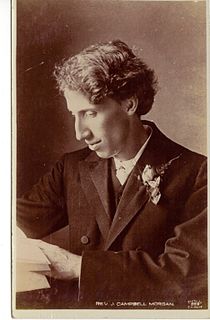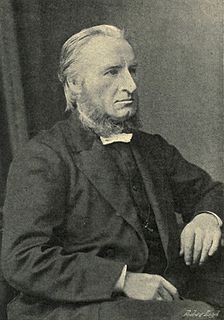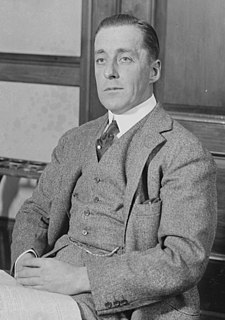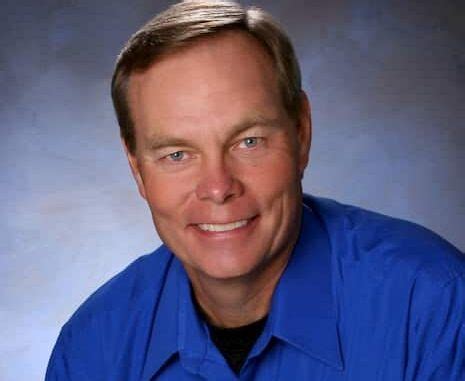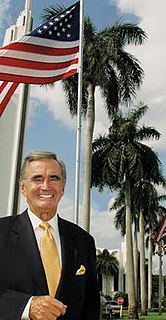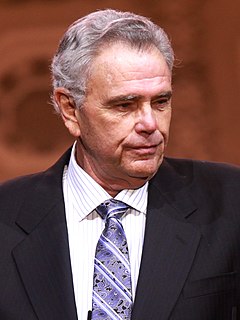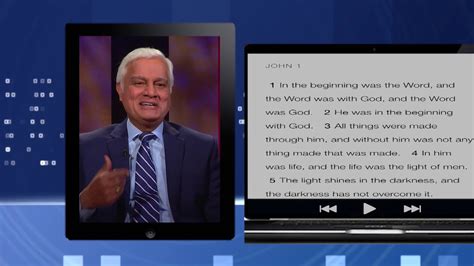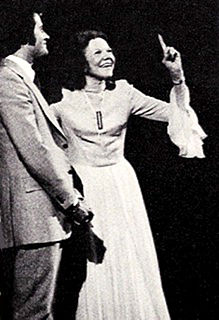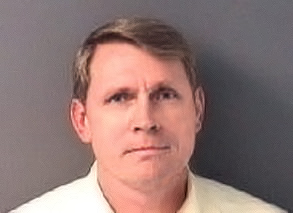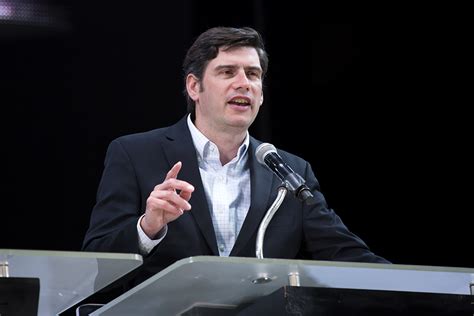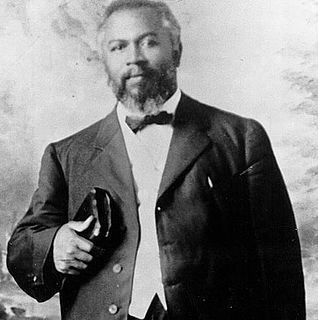A Quote by G. Campbell Morgan
Nothing is more needed among preachers today than that we should have the courage to shake ourselves free from the thousand and one trivialities in which we are asked to waste our time and strength, and resolutely return to the apostolic ideal which made necessary the office of the diaconate. We must resolve that we will continue stedfastly in prayer, and in the ministry of the Word.
Related Quotes
Notice carefully every word here. It is not our prayer which draws Jesus into our hearts. Nor is it our prayer which moves Jesus to come in to us. All He needs is access. He enters in of His own accord, because He desires to come in. To pray is nothing more involved than to let Jesus into our needs, and permitting Him to exercise His own power in dealing with them. And that requires no strength. It is only a question of our wills. Will we give Jesus access to our needs?.
Prayer requires that we stand in God's presence with open hands, naked and vulnerable, proclaiming to ourselves and to others that without God we can do nothing. As disciples, we find not some but all of our strength, hope, courage, and confidence in God. Therefore, prayer must be our first concern.
Without extended, concentrated prayer, the ministry of the Word withers. And when the ministry of the Word declines, faith (Rom. 10:17; Gal. 3:2, 5) and holiness (John 17:17) decline. Activity may continue, but life and power and fruitfulness fade away. Therefore, whatever opposes prayer opposes the whole work of ministry.
In overlooking, denying, evading this complexity--which is nothing more than the disquieting complexity of ourselves--we are diminished and we perish; only within this web of ambiguity, paradox, this hunger, danger, darkness, can we find at once ourselves and the power that will free us from ourselves. It is this power of revelation that is the business of the novelist, this journey toward a more vast reality which must take precedence over other claims.
In a world in which we are exposed to more information, more options, more philosophies, more perspectives than ever before, in which we must choose the values by which we will live (rather than unquestioningly follow some tradition for no better reason than that our own parents did), we need to be willing to stand on our own judgment and trust our own intelligence-to look at the world through our own eyes-to chart our course and think through how to achieve the future we want, to commit ourselves to continuous questioning and learning-to be, in a word, self-responsible.
Courage is a heart word. The root of the word courage is cor - the Latin word for heart. In one of its earliest forms, the word courage meant "To speak one's mind by telling all one's heart." Over time, this definition has changed, and today, we typically associate courage with heroic and brave deeds. But in my opinion, this definition fails to recognize the inner strength and level of commitment required for us to actually speak honestly and openly about who we are and about our experiences -- good and bad. Speaking from our hearts is what I think of as "ordinary courage.
Wait on the Lord" is a constant refrain in the Psalms, and it is a necessary word, for God often keeps us waiting. He is not in such a hurry as we are, and it is not his way to give more light on the future than we need for action in the present, or to guide us more than one step at a time. When in doubt, do nothing, but continue to wait on God. When action is needed, light will come.
Art for art's sake? I should think so, and more so than ever at the present time. It is the one orderly product which our middling race has produced. It is the cry of a thousand sentinels, the echo from a thousand labyrinths, it is the lighthouse which cannot be hidden. It is the best evidence we can have of our dignity.
I see I have made myself a slave to Philosophy, but if I get free of Mr. Linus's business I will resolutely bid adew to it eternally, excepting for what I do for my private satisfaction or leave to come out after me. For I see a man must either resolve to put out nothing new or to become a slave to defend it.
If business is going to continue to sell through the decades, it must also promote an understanding of what made those products possible, what is necessary to a free market, and what our free market means to the individual liberty of each of us, to be certain that the freedoms under which this nation was born and brought to this point shall endure in the future ... for America is the product of our freedoms.
The more sincerity is developed, the greater share of truth you will have. And however much sincerity a person may have, there is always a gap to fill, for we live in the midst of falsehood, and we are always apt to be carried away by this world of falsehood. Therefore we must never think we are sincere enough, and we must always be on our guard against influences which may carry us away from that sincerity which is the bridge between ourselves and our ideal. No study, no meditation is more helpful than sincerity itself.
